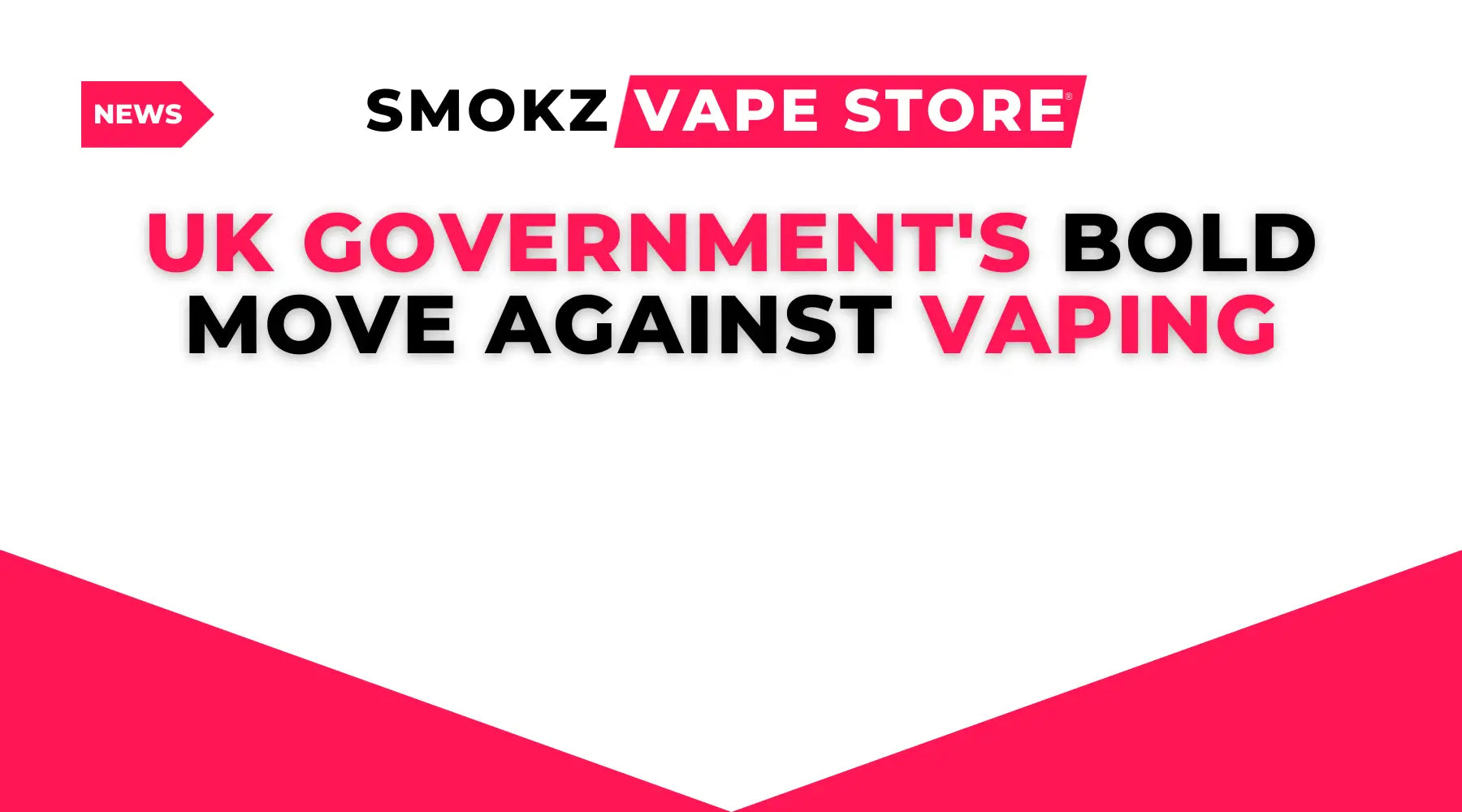The government's decision to launch a public consultation on youth vaping and take measures to prevent the promotion of vaping products to children is part of a broader effort to address concerns about the potential risks associated with vaping, especially among young people. However, it appears that the steps proposed by Rebecca Pow, Steve Barclay, and Rishi Sunak have been criticised for being influenced by emotional arguments, specifically regarding the banning of flavours and colours, rather than relying solely on research evidence.
Critics argue that policy decisions should be based on a robust and evidence-based approach, taking into account scientific research on the health effects of vaping, its impact on smoking cessation, and its potential risks to youth. They may assert that a more balanced and data-driven approach is needed to address the complex issue of vaping regulation.
It's worth noting that debates and discussions surrounding vaping are ongoing, and policymakers often need to consider a wide range of factors, including public opinion, scientific evidence, and health concerns, when making decisions related to vaping regulation. Balancing these factors can be challenging, and opinions on the best approach may differ among policymakers, experts, and the public.

